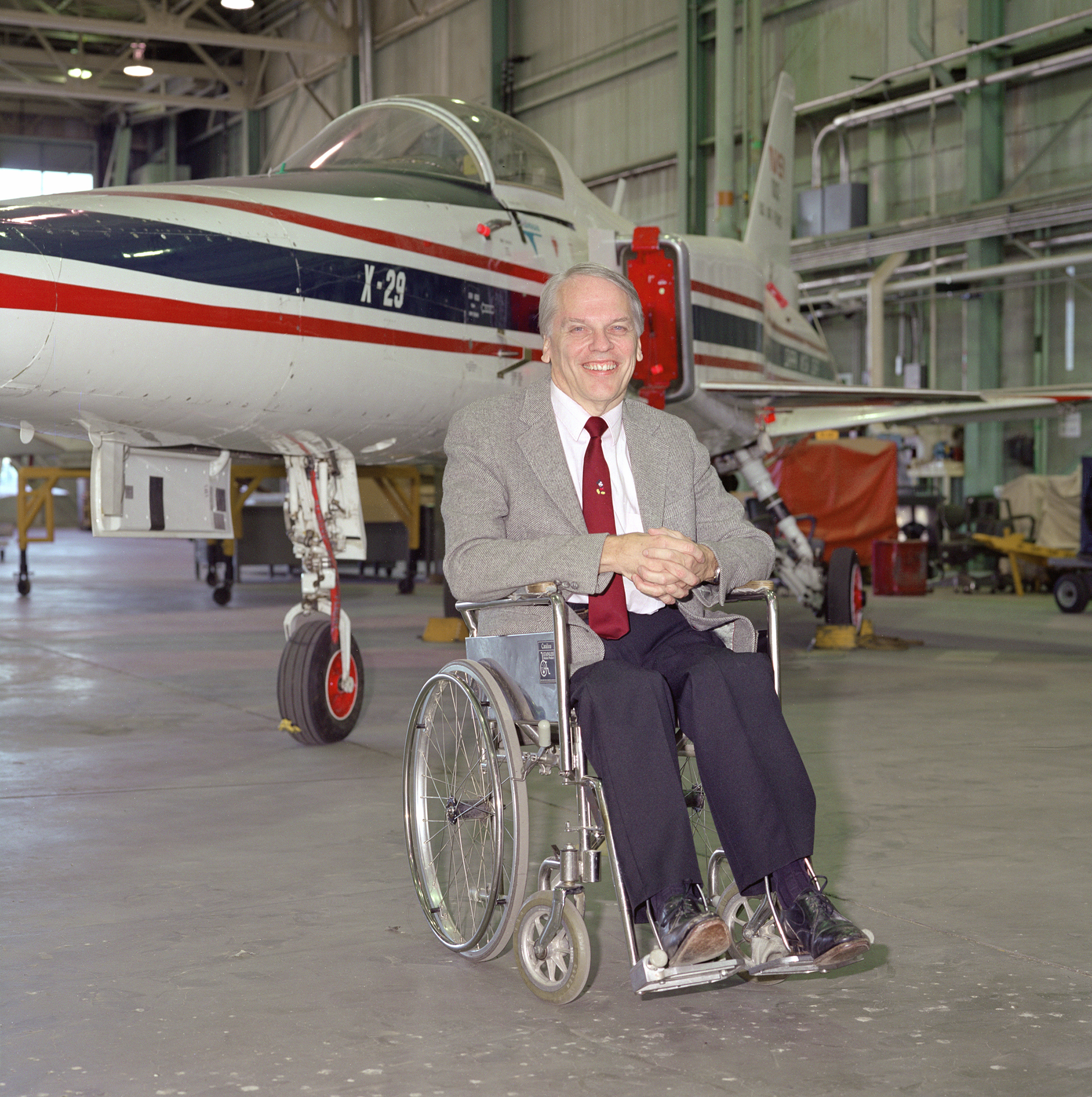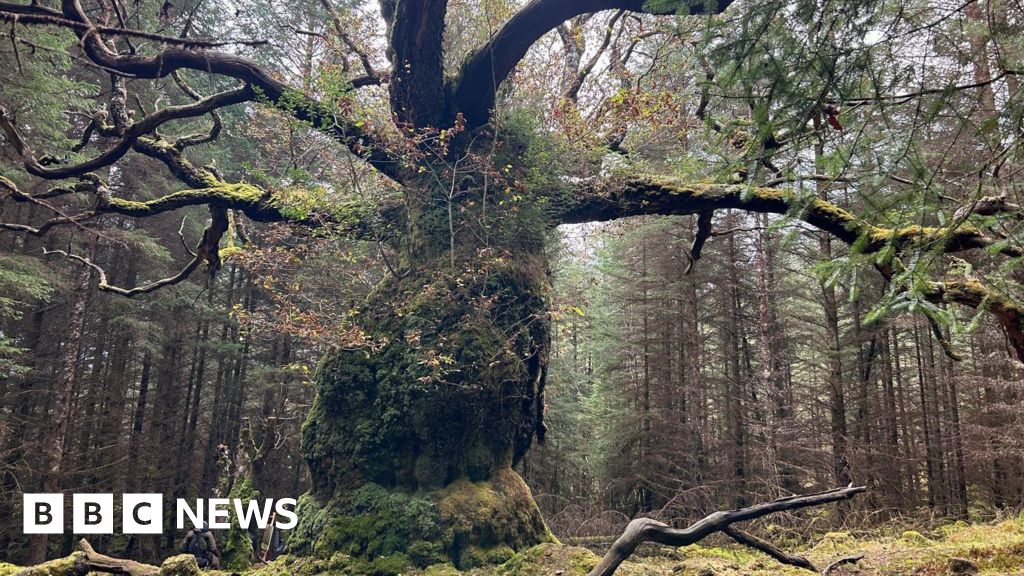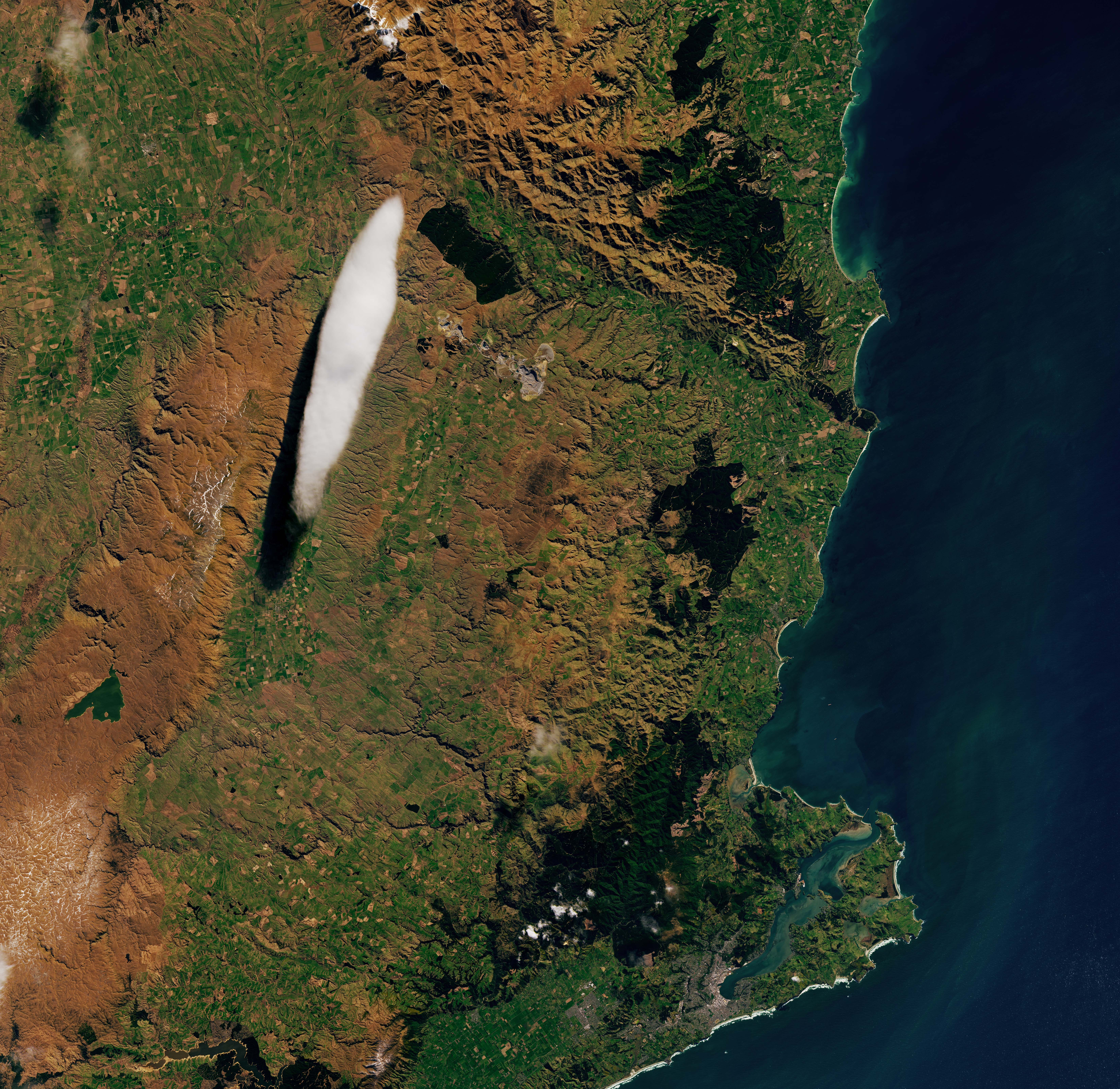Boeing Starliner crew speaks from space
The two Starliner astronauts said Friday they had no regrets about NASA's decision to extend their mission and to bring their spacecraft back to Earth without them, saying they had turned the page and were enjoying the transition to full-time space station astronauts.
Starliner commander Barry "Butch" Wilmore and co-pilot Sunita Williams, both former Navy test pilots and veterans of earlier stays aboard the International Space Station, spoke with reporters from orbit Friday, the 100th day of a mission originally expected to last a little more than a week.
 On their 100th day in space, Starliner commander Barry "Butch" Wilmore and co-pilot Sunita Williams field questions from reporters while floating in the International Space Station's Destiny laboratory module.
NASA TV
On their 100th day in space, Starliner commander Barry "Butch" Wilmore and co-pilot Sunita Williams field questions from reporters while floating in the International Space Station's Destiny laboratory module.
NASA TV
"There's one thing that I try not to fret over, things that I can't control," Wilmore said, floating beside Williams in the station's Destiny lab module. "I'm not going to fret over it. There's no benefit to it at all.
"So my transition (psychologically), maybe it wasn't instantaneous, but it was pretty close. If I can't affect it, if there's nothing we can do, there's nothing we can do. So we march forward, carry out the plan of the day."
Williams agreed, saying "that's what we do. We're professionals."
"I have to say, though, in the back of my mind, you know, there's folks on the ground who had some plans, right? Like my family, to spend some time with my mom, and I think I was fretting more about that, the things that we had sort of all talked about for this fall and this winter," Williams said.
"But you know what? everybody is on board and is supporting us while we're up here. So I think that fret went away real quick. We're here, and we're going to be the best crewmates that we can be for our for our (space station) crewmates up here."
Wilmore and Williams were launched to the station June 5, kicking off the Starliner's first piloted test flight.
During rendezvous with the lab the next day, five reaction control system thrusters failed to operate properly and four helium leaks in the propulsion pressurization system were detected in addition to a small leak that was spotted before launch.
NASA and Boeing engineers and managers spent the next three months analyzing the problems to determine if the Starliner could safely bring Wilmore and Williams back to Earth. Boeing argued the test data showed it could, but NASA managers were not convinced.
In the end, agency managers opted to keep the two astronauts aboard the station for an extended stay and to bring the Starliner down, without its crew, on Sept. 7. The ship's re-entry and landing went off without a hitch, vindicating Boeing's faith in the spacecraft.
Wilmore and Williams both said the entire station crew got up early to watch the Starliner's return to Earth and Wilmore said he was thrilled at the successful landing. But he did not question NASA's decision.
 Wilmore and Williams both said they enjoy working aboard the space station, especially weightlessness. Wilmore gave an impromptu demonstration during the crew's news conference.
NASA TV
Wilmore and Williams both said they enjoy working aboard the space station, especially weightlessness. Wilmore gave an impromptu demonstration during the crew's news conference.
NASA TV
"It was wonderful that it made it back, and the fact that we weren't on it didn't even come into mind at all," Wilmore said. "It was never like, oh, we shouldn't... no, not at all. The decision was made (and) we go forward with the plan of the day."
But he said if NASA had had more time to investigate the helium leaks and thruster problems, he and Williams might have been able to return aboard the Starliner as originally planned.
"I think the data could have gotten (us) there," he said. "We could have gotten to the point, I believe, where we could have returned on Starliner."
But because of other spacecraft and crews flying to and from the space station this month, "we just did not have enough time to get to the end of the timeline where we could say that we were going to come back with it. I think we'd have gotten there, but we just ran out of time."
Wilmore and Williams are not the first astronauts who have had to face an extended mission.
NASA astronaut Frank Rubio faced a similar dilemma in 2022 when his six-month stay aboard the station was extended to more than a full year because of problems with the Russian Soyuz spacecraft that carried him to orbit.
"I think going from six months to 12 months is tough, but it's not as tough as going from eight days to eight months," Rubio said in an interview with CBS News.
"Certainly, there's a little part of you that's disappointed," he said. "It's okay to acknowledge that. But you also can't mope around for the entire time, right? ... You just have to kind of dedicate and rededicate yourself to the mission."
And that's exactly what Wilmore and Williams said they were doing.
The Starliner astronauts have joined the station's full-time crew and will now come home in late February, hitching a ride back aboard a SpaceX Crew Dragon spacecraft with Crew 9 commander Nick Hague and Russian cosmonaut Alexander Gorbunov. The Crew 9 flight is scheduled for launch Sept. 25.
The Crew Dragon normally launches with four station fliers aboard, but NASA astronauts Zena Cardman and Stephanie Wilson were bumped from the upcoming flight to provide return seats for Wilmore and Williams. When they return to Earth in late February with Hague and Gorbunov, the Starliner astronauts will have logged 262 days off planet.
"We're both Navy, we've both been on deployments," Williams said. "We're not surprised when deployments get changed. Our families are used to that as well. So that's not a humongous surprise."
In this case, NASA "made the right decisions, and we're here. That's how things go in this business. It's risky, and that's how it goes in the business."
On a more positive note, she added, she and Wilmore are "excited to fly in two different spacecraft."
"We're testers, that's what we do, we look at different aircraft, spacecraft, whatever. ... We wanted to take Starliner to the completion and land it back on land at home. But you have to turn the page and look at the next opportunity. We'll come back with some evaluations of both spacecraft, and I think we're pretty fortunate for that."
And in the meantime, it's not all work and no play. Williams, who logged 322 days aboard the space station on two earlier visits, said living aboard the orbital lab "is my happy place."
"It's very it's very peaceful up here," she said. "A lot of times there's a lot of work that's going on, but it also gives you a time to be a little introspective, a little change (in) your perspective on how we do things on Earth.
"It really is difficult for me to imagine people on Earth not getting along together. It's the one planet we have, and we should all really be happy that we're there together, because that's it. That's our place. ... It just changes your perspective."
And then, there are sports. Wilmore, raised in Mt. Juliet, Tenn., just outside Nashville, is an ardent Southeastern Conference football fan. He told an ESPN reporter "if you're looking for a guest picker for 'College Game Day,' give me a call. Also, I've been asked several times, yes, I do have the SEC Network."
Bill Harwood has been covering the U.S. space program full-time since 1984, first as Cape Canaveral bureau chief for United Press International and now as a consultant for CBS News.

 By CBS (Science, Space) | Created at 2024-10-29 21:38:55 | Updated at 2024-10-30 11:35:59
1 month ago
By CBS (Science, Space) | Created at 2024-10-29 21:38:55 | Updated at 2024-10-30 11:35:59
1 month ago



